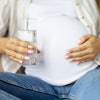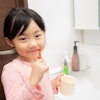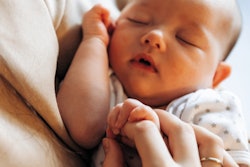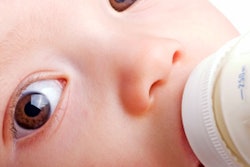Exclusively breastfeeding an infant for the first six months after birth may be a protective factor against early childhood caries, according to a new study published on February 12 in the Journal of Dentistry.
Furthermore, breast milk may prevent caries by changing a child's oral microbial count and proportion, which may prevent caries, the authors wrote.
"Medical workers, including dentists, are responsible for promoting the initiatives on breastfeeding and providing mothers or other caregivers with accurate and up-to-date evidence-based information," wrote the authors, led by Dr. Fen Liu of Xi'an Jiaotong University in China.
Breastfeeding is known as a beneficial feeding method, but research lacks consensus on its link with the occurrence of the highly prevalent disease of early childhood caries.
To evaluate the effect of breastfeeding on early caries occurrence and possible microbiological mechanisms, 785 patients were divided into a breastfeeding group and a bottle-feeding group. There were 397 in the bottle group and 388 in the breastfeeding group.
When the children were 2, saliva and dental plaque were collected to test the oral pH and microbial count. At age 3, they were examined for caries. Then the children's parents were asked to complete questionnaires, according to the study.
In the children fed by bottle, the incidence of early caries was nearly 64%. It was about 54% in the breastfeeding group (p < 0.05). Additionally, the incidence rates of severe caries in the bottle-fed group and the breastfed group were 28.7% and 22.2%, respectively (p < 0.05), the authors wrote.
Moreover, breastfeeding reduced the incidence of caries (odds ratio [OR] = 0.63, 95% confidence interval [CI] = 0.46-0.86) and severe early caries (OR = 0.70, 95% CI = 0.49-0.99). Also, being nursed may affect early childhood caries occurrence by changing the microbial count of plaque and saliva, as well as the proportion of Streptococcus mutans, they wrote.
Nevertheless, the study had limitations, including that the study questionnaire was completed by patients' parents. Therefore, recall bias couldn't be completely avoided, the authors wrote.
"This study revealed that exclusive breastfeeding for 6 months after birth is a protective factor against the later occurrence of ECC, which may be due to the influence of breastmilk on the microbial count of dental plaque and saliva, as well as the proportion of Streptococcus mutans," Liu and colleagues wrote.




















